With opportunities and challenges, the National Network of Youth Living with HIV/Aids (RNJ+) celebrates its ten year anniversary. It’s a time to look back at achievements and lessons learned, but mostly, as Cédric nininahazwe says, a time to look forward and make new plans to involve the youth in the fight against HIV and Aids.
An interview with Cédric Nininahazwe, Deputy Chairman of RNJ+ -By Diane Uwimana
What were your main activities these last 10 years?
Since our network was created in 2004, we did our best to involve young people in the fight against HIV/AIDS and raise awareness about the dangers. It is true that it is difficult to hear that you’re infected and to live with HIV virus. But two heads are better than one and together we can make a difference. We succeeded to gather the youth into an expression network. More than 14,560 youths aged between 15 and 30 years, are directly touched by our testimonies and teachings about HIV/ AIDS. Some of them have been screened and are aware of their HIV status.
Besides this, RNJ+ created antenna offices in 14 provinces (except in Cibitoke, Cankuzo and Bujumbura Provinces) due to the existing discrimination in those localities. Our main objective with all these activities is to fight against discrimination in our society. People living with HIV/ AIDS are just like others. Through moral and material assistance and testimonies, we want to achieve zero new infections, zero new HIV positive babies born due to ignorance. Where there is a will there is a way, we will achieve our goal.
With ten years of experience, surely, there are some challenges you’ve faced?
We transformed our main challenge into an opportunity. For a long time, we were discriminated against by those who were supposed to protect us. There are some organisations working in that health domain who did not want us growing up. Those organisations were supposed to be our partners and parents but in effect, they were our rival organisations. They want to think and decide in our place about what they do for us.
This troubled relationship constrained our work and impacted negatively on our image worldwide. International partners treated us like we were unable. We didn’t get any support. People say ‘united we stand, divided we fall’. That’s why the RNJ+ members gathered their forces and succeeded in collaboration, even though some challenges remain.
Considering the challenges, what are your plans for the future?
There are two goals on our agenda. First of all, RNJ+ wants to achieve zero new infections and zero new HIV positive babies born. We will continue to tell the truth to young people, in order to open their mind. Parents must also protect their children. Fortunately, there is a program on preventing the transmission of the virus from mother to child. RNJ+ will file a complaint about anyone who doesn’t respect it. We will appeal in court and make sure they are sentenced.
Secondly, we will continue to provide services to young people, such as antiretroviral medicines and condoms. Until now, several health centres refuse to work with us, but because we now have our own youth friendly centres, the youth can easily come and be screened in a convivial climate.
——————————————————————————————————————————————————
RNJ+ counts 420 members aged between 18 and 35years old dispatched in 14 provinces. According to the most recent survey conducted in 2007, indicates Nininahazwe, the national prevalence rate is estimated at 3.4% while in 2010, it is estimated at 1.4% of youths under 25 years old.
However, he continues, 50% of the new infections, a half of them are new childbirths while their mothers are among youths.

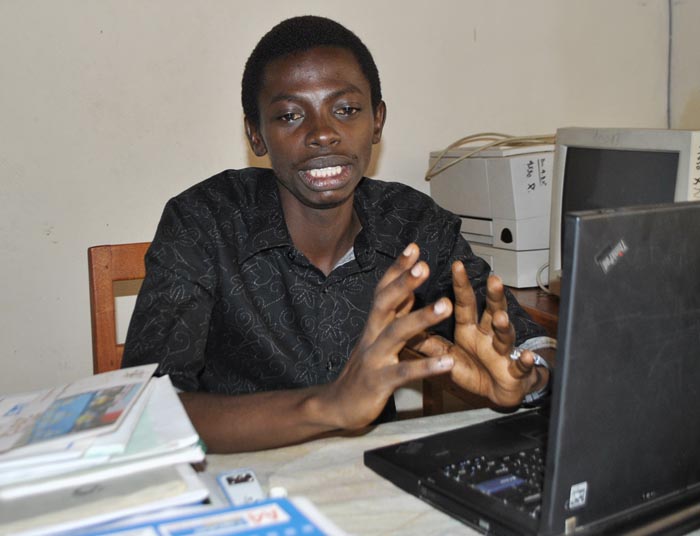
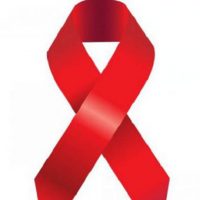
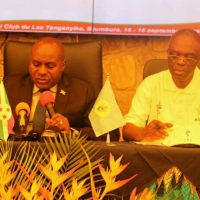
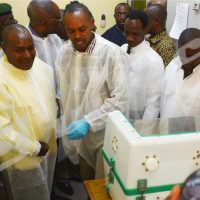
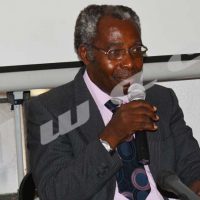
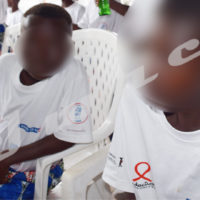













 IWACU Open Data
IWACU Open Data

